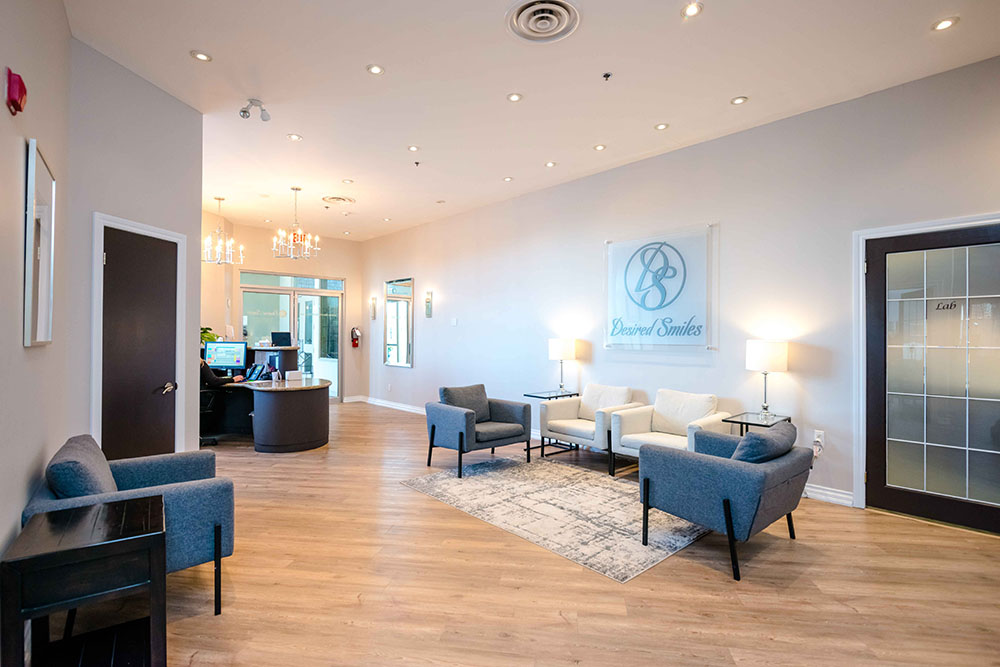Snoring robs you and your partner of quality sleep, leaving both of you tired, irritable and run down. But it can also indicate that you have sleep apnea, a dangerous condition where you stop breathing for a few seconds at a time. Left untreated, sleep apnea can lead to stroke and a host of other health problems
When the throat relaxes, the airway gets smaller. The air flows through it faster, which causes the soft tissues to vibrate; that vibration is what you hear. Sometimes it’s nothing more than an irritation. But in severe cases, the relaxed tissues can end up completely blocking the airway. If it lasts for more than ten seconds, that’s sleep apnea. It can cause you to wake up 50 or more times per hour to breathe, preventing deep and restful sleep. It can lead to other serious problems, and even complications such as brain damage from lack of oxygen.
However, there are a number of effective treatments that can help reduce snoring, improve sleep – and keep both you and your partner rested and healthy.
A snore guard. The easiest and most conservative treatment is a custom-fitted device that fits in your mouth – you wear it whenever you sleep. It repositions your jaw to keep your airway open and prevents your tongue from obstructing your throat.
CPAP machine. After a consultation with a sleep specialist (your doctor or dentist can refer you), a CPAP (or Continuous Positive Airway Pressure) device may be recommended to help you breathe. It’s a small machine that supplies you with constant air pressure to keep your airway open. You fit a mask or nose piece over your face, turn on the machine, and breathe right for the rest of the night.
Weight loss. Obesity is a significant factor in sleep apnea; fatty tissue can block the air passage and weaken throat muscles. Shedding some pounds and getting fit can help reduce the problem – a recent Temple University study found that obese sleep apnea patients who lost 10% of their weight showed improvement. Drinking and the use of sedatives can also contribute to relaxed muscles and tissue; moderately (or not at all), and avoiding sedatives may also help reduce the problem.
If you think you might have sleep apnea, tell your dentist or doctor immediately. Start by talking to your dentist about a custom-fitted anti-snoring device; many sleep disorder clinics actually partner with dentists who prescribe them. And if you need to, ask for a referral to a sleep specialist to find out if other treatments – like a CPAP machine – can help.
Do you have questions about snoring or sleep apnea we didn’t answer here? Get in touch at 905 637-5463 (KIND) or at info@desiredsmiles.com. We’d be happy to answer any of your questions



 Our Burlington Family Dental
Our Burlington Family Dental
